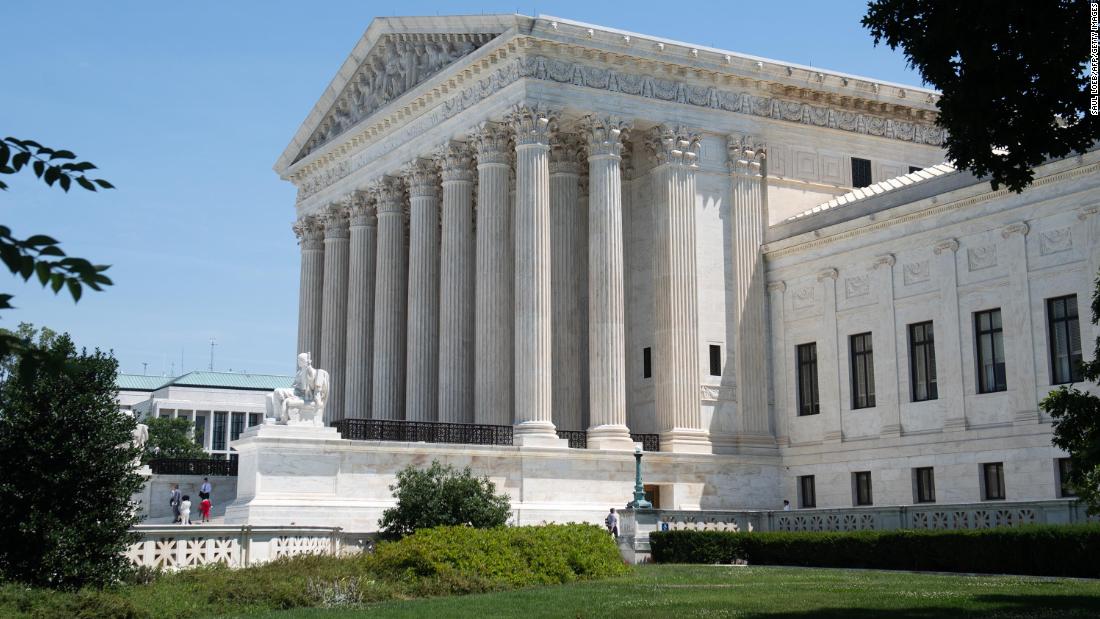[ad_1]
The ruling itself was no surprise. Trump’s argument that he is entitled to “temporary absolute presidential immunity” from the subpoena at issue, along with all other forms of criminal process, even if it is directed not at the President but at a third party, and even if it relates to conduct having nothing to do with being the President, enjoys no legal support whatsoever.
Even Bill Barr’s Department of Justice could not go that far; DOJ joined the case to argue not that the President is absolutely immune, but that the President’s involvement requires that local prosecutors make a heightened showing of proof before they are permitted to investigate him while in office. (The court rejected that claim, too.)
The ruling was correct.
Indeed, the court found that this is an easier case than that considered by the Supreme Court with respect to President Nixon and the subpoena for the Watergate tapes, because here there can be and is no assertion that executive privilege covers the documents in question, and because the investigation bears no relation to the performance of the President’s official duties.
On the one hand, a dispute between the president of the United States and a state prosecutor wherein the president is asserting immunity seems like the kind of question the high court would take up. But there are good reasons for the Supreme Court to decline to hear this case.
Only a tiny percentage of appeals to the Supreme Court are accepted on the court’s docket, and most of those deal with matters that are either of great national importance, or involve conflicts between federal appellate courts.
Despite the case’s unusual nature, it is not a matter of importance to our nation because it does not involve President Trump in his official capacity in any way.
Instead, whether prosecutors obtain his tax records (the records will not, under this ruling, be released publicly but will be kept secret in accordance with grand jury rules) it is a matter of personal importance only to President Trump in his private capacity.
Indeed, if there is a public interest here, it swings the other way; as the appellate court noted, our last six presidents have voluntarily released their tax returns publicly, a level of transparency that President Trump has refused to indulge.
Also weighing against the Supreme Court accepting the case (a process known as certiorari) is the fact that the appellate court was careful to keep its decision exceedingly narrow, writing that it had “no occasion to decide today the precise contours and limitations of presidential immunity from prosecution” and that it had no opinion on that broader question.
The court did not rule on whether a sitting president can be charged or subjected to a criminal trial while in office. It did not even decide whether a president can be forced to turn over documents to state prosecutors himself. And it did not decide whether a prosecutor could subpoena documents where there was a potentially valid assertion of executive privilege involved.
The court decided only that the president cannot stop compliance with a valid subpoena to a third party where no privilege applies and where the investigation involves pre-office conduct.
Given the limited nature of this issue, its lack of importance to the nation, and the fact that the weight of the precedent falls entirely on the side of requiring compliance with the subpoena, the Supreme Court should decline to hear the case.
Commitment to precedent and the rule of law should prevail over naked partisan politics at our highest court. Fingers crossed.
[ad_2]
Source link






Connect with us on our socials: